In recent years, organic farming interest driven by environmental and health awareness has transformed agricultural landscapes around Hatta Dam. Educational farm visits promote sustainability, biodiversity, and local food systems. These experiences encourage fresh, locally produced food, reduce reliance on mass-produced goods, and diversify agricultural techniques, benefiting both the environment and local economies through community-based tourism. Hatta Dam activities centered around organic farming are gaining popularity as immersive educational tools that inspire environmental stewardship and conscious daily choices for a more sustainable future. Virtual farm tours via digital platforms further extend these educational opportunities, connecting urban populations with local, fresh produce and sustainable methods. Community engagement through guided tours and workshops strengthens bonds and promotes economic sustainability by supporting small-scale organic farms, while hands-on experiences at Hatta Dam activities foster appreciation for fresh, local produce and teach sustainable agriculture practices.
“Discover the power of sustainable education through organic farm visits and local fresh produce tours, with a focus on Hatta Dam as a thriving hub. This article explores the rising trend of organic farming and its profound impact on local communities. We delve into educational tours that bring sustainability to the forefront, offering unique experiences at Hatta Dam. From exploring diverse produce to understanding farming practices, these visits foster community engagement and collaboration. Additionally, we discuss integrating technology with virtual tours and examine the future of sustainable food education, showcasing how farm visits can revolutionize culinary learning.”
- The Rise of Organic Farming and Its Impact on Local Communities
- Educational Tours: Bringing Sustainability to the Forefront
- Exploring Hatta Dam: A Hub for Organic Farm Visits
- Benefits of Consuming Local, Fresh Produce
- Designing Engaging Activities for Farmers and Visitors
- Integrating Technology: Virtual Tours and Beyond
- Community Engagement and Collaboration Opportunities
- The Future of Sustainable Food Education through Farm Visits
The Rise of Organic Farming and Its Impact on Local Communities
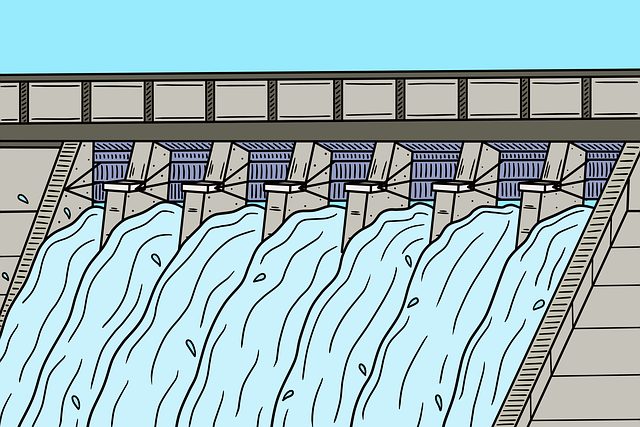
In recent years, there’s been a noticeable surge in interest for organic farming practices, driven by a growing awareness of their environmental and health benefits. This shift has also had a profound impact on local communities, particularly those around areas like Hatta Dam, where agricultural landscapes are undergoing transformations. Organic farm visits have become popular educational activities, offering insights into sustainable farming methods that foster healthier ecosystems and promote biodiversity.
These visits encourage locals and visitors alike to engage with the concept of fresh, locally produced food, reducing reliance on mass-produced goods. The increasing demand for such experiences has led to a diversification in agricultural practices around Hatta Dam, encouraging farmers to adopt more eco-friendly techniques. This not only benefits the environment but also strengthens local economies by creating opportunities for community-based tourism and fostering a deeper connection between residents and their agricultural heritage.
Educational Tours: Bringing Sustainability to the Forefront
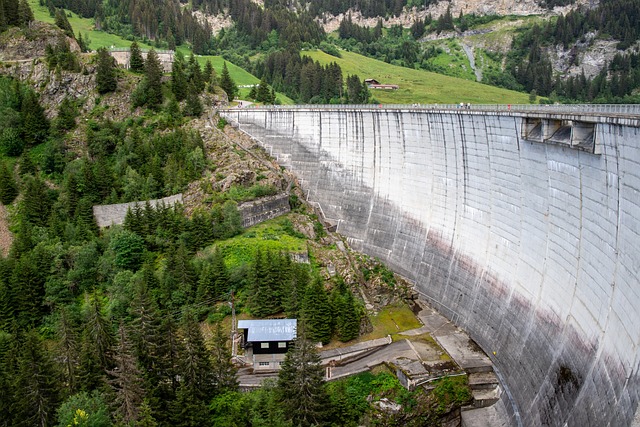
Educational tours of organic farms play a pivotal role in promoting sustainable practices and raising awareness about local food systems. These visits offer an immersive experience, allowing participants to connect with nature and understand the intricacies of organic farming firsthand. By engaging in activities like planting, harvesting, and learning about natural pest control methods, folks gain valuable insights into the benefits of sustainable agriculture.
Hatta Dam activities, for instance, can include guided tours that showcase renewable energy sources and water conservation techniques. These educational initiatives foster a deeper appreciation for environmental stewardship, encouraging participants to make conscious choices in their daily lives. Adopting such practices contributes to a more sustainable future, ensuring the availability of fresh, locally sourced produce for generations to come.
Exploring Hatta Dam: A Hub for Organic Farm Visits
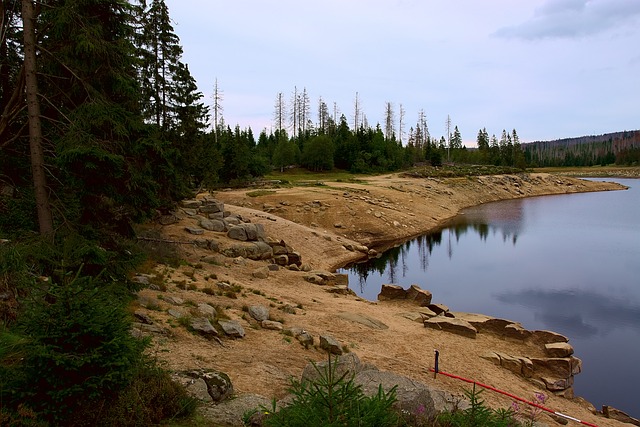
Hatta Dam, a significant landmark in the region, has evolved into a vibrant hub for organic farm visits and sustainable education initiatives. Visitors can immerse themselves in a world where environmental consciousness meets agricultural innovation. Exploring Hatta Dam offers a unique opportunity to learn about local farming practices and the importance of fresh, organic produce.
The area around the dam provides a lush backdrop for educational tours that showcase the benefits of sustainable agriculture. These visits not only educate but also inspire folks to adopt eco-friendly food choices. By engaging in Hatta Dam activities, participants gain insights into the entire process, from crop cultivation to responsible water management, ensuring a fresh and healthy future for local communities.
Benefits of Consuming Local, Fresh Produce
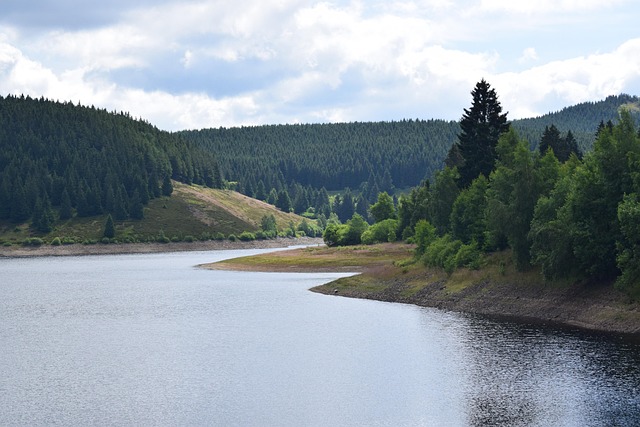
Consuming local, fresh produce offers a plethora of benefits, especially for those fortunate enough to live near vibrant agricultural landscapes like Hatta Dam. Firstly, it ensures that food travels a shorter distance from farm to table, significantly reducing carbon footprints associated with transportation. This is particularly relevant in today’s digital era where folks are increasingly conscious of their environmental impact.
Additionally, local produce is often fresher and more nutritious because it doesn’t undergo extensive storage or processing. Hatta Dam activities promote community engagement in sustainable education, enabling folks to learn about the growing process and appreciate the value of organic farming methods. This direct connection to food sources fosters a deeper understanding and appreciation for nature’s bounty.
Designing Engaging Activities for Farmers and Visitors
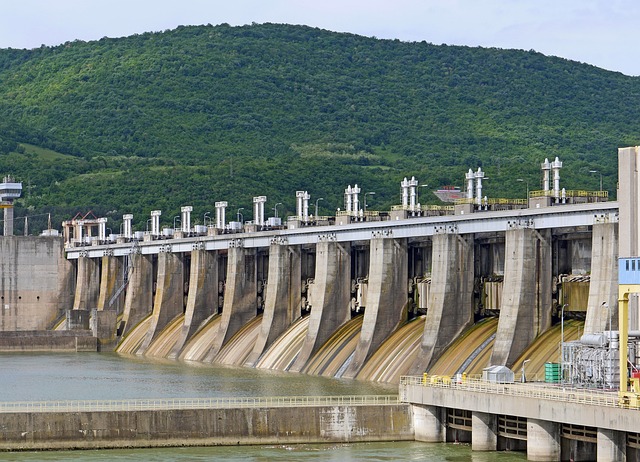
Designing engaging activities that cater to both farmers and visitors is key to enhancing the experience at organic farm visits. These interactions can be transformed into valuable educational opportunities, especially when incorporating sustainable practices. For instance, guided tours with a focus on seasonal produce allow visitors to learn about farming techniques while enjoying the fresh air and local delicacies. Farmers can share their expertise, demonstrating sustainable methods such as crop rotation or organic pest control, fostering an environment of knowledge exchange.
At the Hatta Dam Activities area, these visits become even more immersive. Visitors can participate in hands-on activities like planting seeds, tending to small gardens, or even trying their hand at simple farming tools. Such experiences not only encourage a deeper connection with nature but also promote an understanding of food origins and the effort behind local agriculture. This interactive approach ensures that education remains enjoyable and memorable for all involved.
Integrating Technology: Virtual Tours and Beyond

In today’s digital era, technology offers exciting opportunities to bridge the gap between urban dwellers and sustainable farming practices. Virtual farm tours via platforms or apps allow visitors to explore organic farms from the comfort of their homes. These interactive experiences provide a unique glimpse into the intricate world of agriculture, educating folks on the benefits of local, fresh produce and sustainable farming methods.
For instance, Hatta Dam activities have embraced digital innovation, offering virtual tours that showcase the surrounding agricultural landscape. Such initiatives not only attract tourists but also foster a deeper understanding of environmental stewardship and the importance of supporting local farmers. By engaging with technology, these virtual tours can inspire real-world actions, encouraging visitors to incorporate more sustainable practices into their daily lives and support fresh, locally sourced food systems.
Community Engagement and Collaboration Opportunities
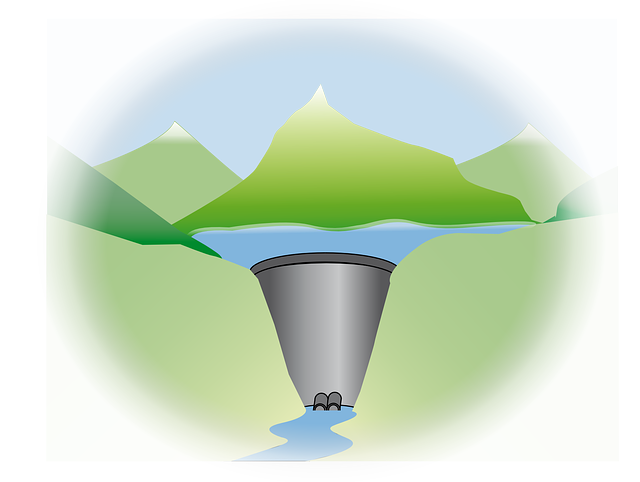
Community engagement is a cornerstone of sustainable education initiatives, especially when it comes to organic farm visits and local fresh produce tours. These experiences offer unique opportunities for residents to connect with their food sources, fostering a deeper understanding of sustainable farming practices. By participating in hatta dam activities like guided tours and workshops, community members can learn about the environmental benefits of organic agriculture and its role in preserving local ecosystems.
Collaboration is another key aspect that emerges from these visits. Local farmers, educators, and community leaders can work together to create educational programs tailored to diverse audiences, ensuring that everyone has access to fresh, locally grown produce. Such partnerships not only strengthen the sense of community but also promote economic sustainability by supporting small-scale organic farms and encouraging local consumption.
The Future of Sustainable Food Education through Farm Visits
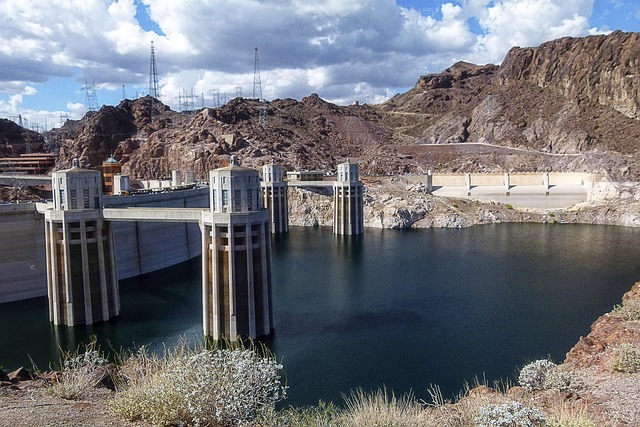
The future of sustainable food education lies in immersive experiences that connect consumers directly with their food sources. Organic farm visits offer a unique opportunity to learn about sustainable farming practices, fostering an appreciation for the hard work that goes into producing fresh, local produce. These hands-on experiences can be particularly impactful for children, who are often curious and eager to learn about where their food comes from.
Hatta Dam activities, for instance, can combine farm visits with educational programs focused on water conservation and renewable energy sources. By engaging in such activities, students not only gain insights into sustainable agriculture but also develop a deeper understanding of the interconnectedness between environmental stewardship and healthy eating habits. This holistic approach to education empowers individuals to make informed choices about their food and contributes to a more sustainable future for our communities.
Organic farming practices and educational tours are transforming local communities, promoting sustainability, and providing access to fresh produce. Hatta Dam serves as a vibrant hub, facilitating farm visits that enrich both farmers and visitors through engaging activities and collaborative opportunities. By integrating technology like virtual tours, these initiatives ensure a broader reach and deeper understanding of sustainable food education. Moving forward, the future looks bright for community engagement and collaboration around organic farming and related experiences at Hatta Dam activities.
